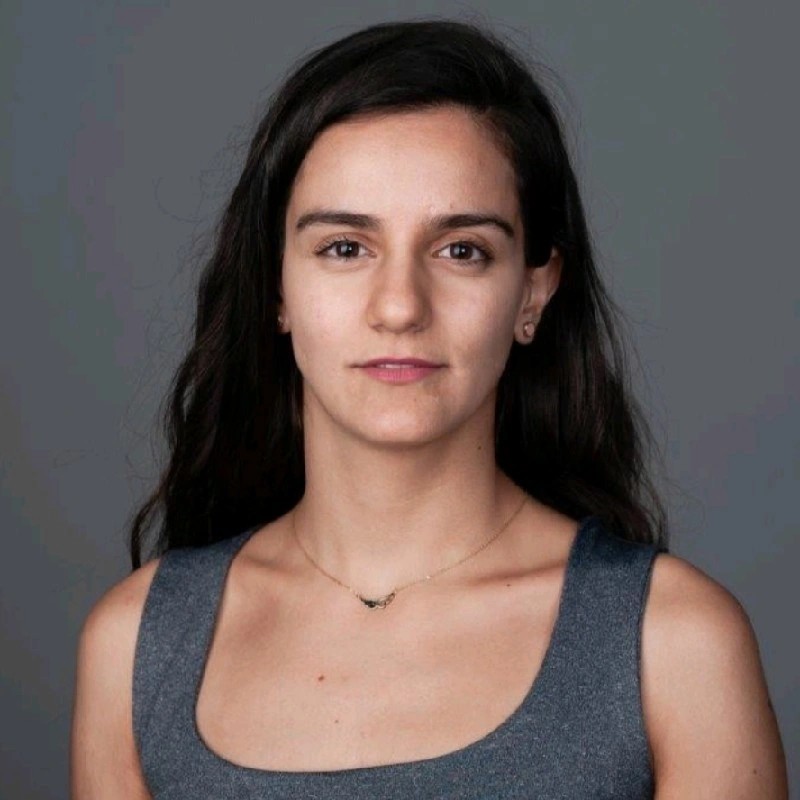
Koulovaki Argyro- Dimitra
I have a Bachelor's degree in English Language and Literature from the Department of Philosophy of the University of Athens and a Master's degree in "Geopolitical Analysis, Geostrategic Composition and Defense and International Security Studies" from the University of Athens. In 2023 I started the Master's Program in "E-Learning" from the University of Piraeus, in the framework of which I am working on this thesis.

